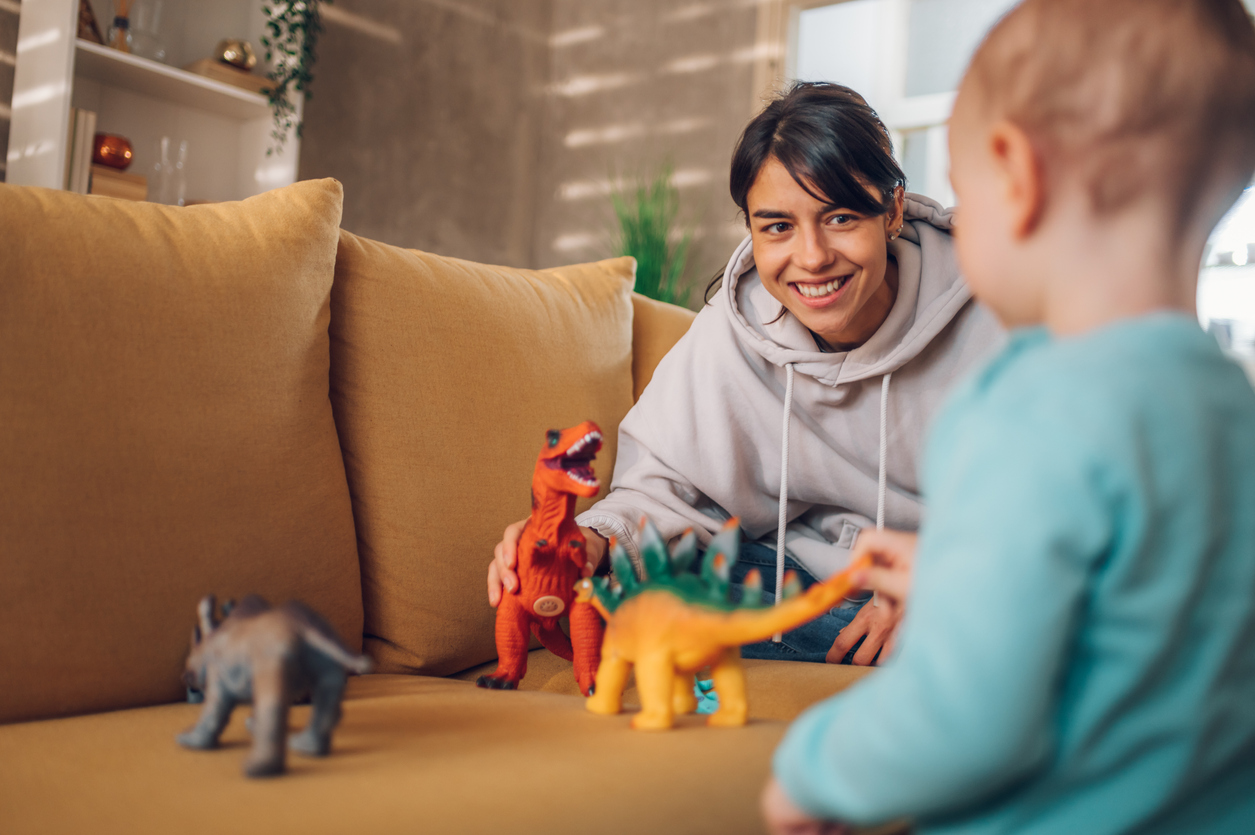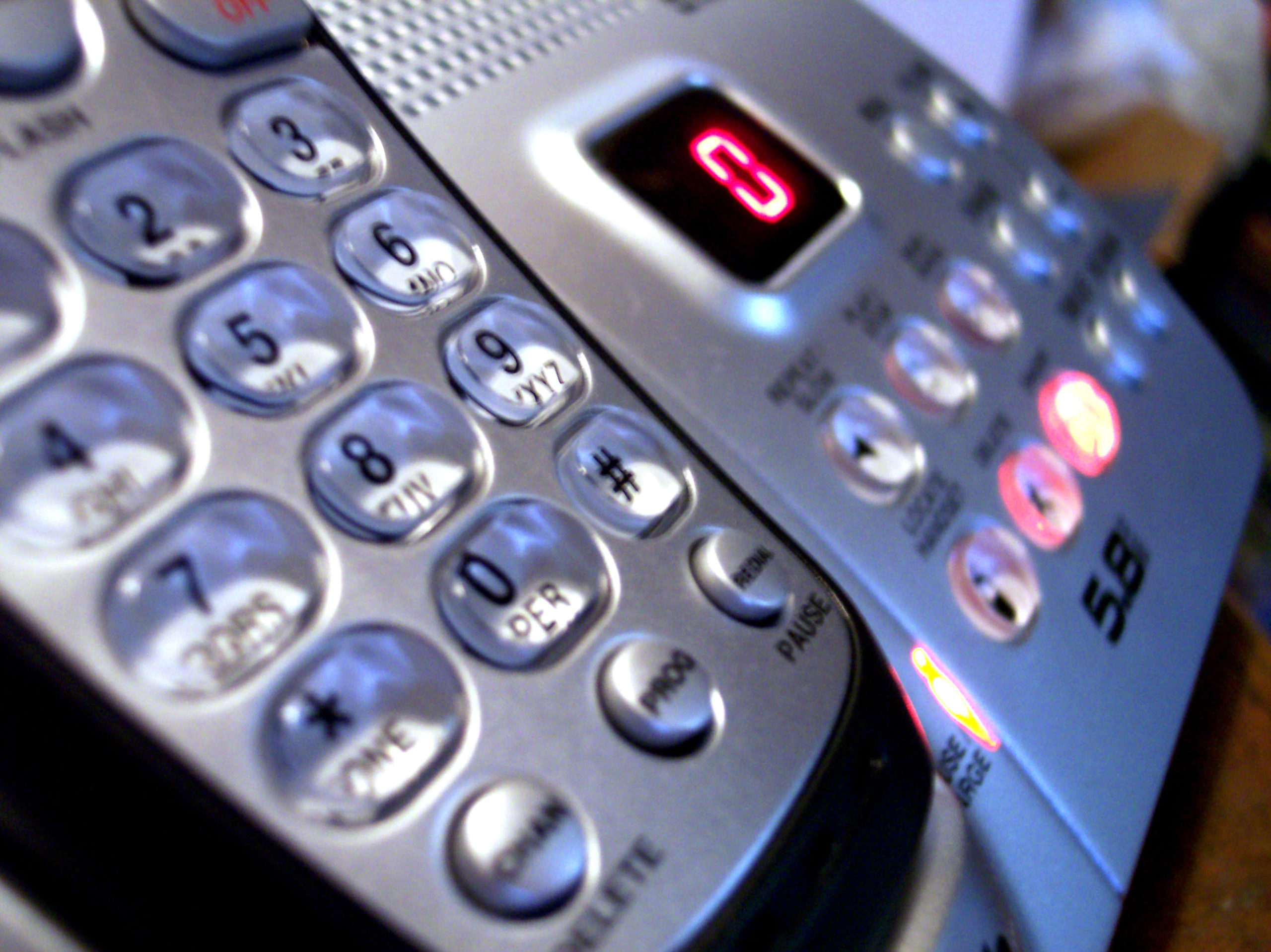NJ Foster Adoptive Parent & Kinship Caregiver
Frequently Asked Questions
Explore comprehensive articles on various topics related to foster care, adoption, and kinship caregiving in New Jersey. Get answers to frequently asked questions about adoption tax credits, babysitting for children in foster care, board rates, claiming dependent exemptions, and more. Find valuable information to support your journey as a resource parent or kinship caregiver.
- Adoption Tax Credit Information
- Babysitting for Children in Foster Care Placement in New Jersey
- Board Rates: FAQ
- Flex Funds – For Licensed NJ Foster Parents & Kinship Caregivers
- Kinship Legal Guardianship: Frequently Asked Questions
- Kinship Licensed Resource Parenting Vs. The Kinship Navigator Program: Frequently Asked Questions
- New Driver’s Assistance for Foster Youth in NJ: Frequently Asked Questions
- Normalcy: Letting Kids Be Kids
- Planned Vacation and Other Travel – For Licensed NJ Foster Parents & Kinship Caregivers
- Rights vs Responsibilities of Resource Parents
- Social Media Confidentiality for Children in Care
- Teaming With Birth Families
- The Home Study and Pre-Service Training Process
- Universal Precautions – For NJ Foster & Adoptive Parents & NJ Licensed Kinship Caregivers
- What is a Life Book and Why Should I Create One?
- When the Phone Rings – For NJ Foster & Adopt Parents

Adoption Tax Credit & Claiming a Child
The Adoption Tax Credit provides a non-refundable credit that can reduce an adoptive family’s federal income tax liability. As a caregiver, you also need to ensure you are aware of how to claim a child in care as a dependent. Download the Adoption Tax Credit Information FAQ.

Babysitting for Children in Resource & Kinship Care
This simplified version of the DCP&P (formerly DYFS) Resource Family Babysitting Protocol will help you, the foster parent or licensed kinship caregiver, understand who is allowed to babysit the child(ren) in your care. This fact sheet lists guidelines for hiring a babysitter and for reimbursement of babysitting expenses. Download the Babysitting for Children in Foster Care Placement FAQ.

Board Rates
Board rates are the monthly payments foster, adoptive and kinship parents (known collectively as resource parents) receive from the NJ Department of Children and Families (DCF) to assist them in providing food, shelter, transportation and entertainment for children in care. Download our FAQ to learn about why board rates differ from one child to another and how they are determined.

Flex Funds - For Licensed NJ Foster Parents & Kinship Caregivers
Flex Funds are sometimes available to licensed foster & adoptive parents and licensed kinship caregivers through DCP&P (formerly DYFS). When available, Flex Funds can be used to meet a one-time expense or a temporary need, such as prom bids or tutoring. If Flex Funds are not available, embrella’s Fostering Wishes For Children can help pay for these expenses for NJ children in foster & kinship care. To learn how to access Flex Funds and what they can, and cannot, be used for, download the Flex Funds FAQ.

Kinship Legal Guardianship: Frequently Asked Questions
Many prospective guardians may want to consider earning caregiver status for a child as a Kinship Legal Guardian (KLG). But what is KLG? How does it work? Are you even eligible? Download our Kinship Legal Guardianship FAQ to get the answers you need.

Kinship Licensed Resource Parenting vs. The Kinship Navigator Program
Kinship care has been on the rise over the years, and different avenues have been developed so relatives can care for their family members who need them. Read our FAQ to learn about the different ways relatives care for children.

New Driver's Assistance for Foster Youth in NJ: Frequently Asked Questions
Youth in care in NJ who are at least 16 years old are eligible to have the cost of their New Jersey driver’s training course covered by the Department of Child Protection and Permanency (DCP&P). Download our New Driver’s Assistance for Foster Youth in NJ FAQ to find out how to receive these driving lesson subsidies.

Normalcy: Letting Kids Be Kids
In 2014, Congress enacted a law that promoted “normalcy” for children and youth in the child welfare system. Normalcy means allowing children and youth in care the same opportunities to participate in age appropriate activities as any other child. Download the Normalcy: Letting Kids Be Kids FAQ.

Planned Vacation and Other Travel - For Licensed NJ Foster Parents & Kinship Caregivers
Vacation and family experiences are an important part of a foster child feeling a sense of normalcy during a challenging time. If you’re a New Jersey foster parent or kinship caregiver wondering if you can take the child(ren) in your home on vacation, or if you need respite care for a child in care while you’re away, download the Planned Vacation and Other Travel FAQ to get the answers and help you need.

Rights vs. Responsibilities of Resource Parents
As a resource parent, the line between your rights vs. your responsibilities can sometimes become blurred. Understanding how the two work together will give you more insight into your role as your child in placement’s primary caregiver and will empower you to be a stronger advocate for him.

Social Media Confidentiality for Children in Care
Social media is defined as a form of electronic communication that allows users to create online communities where information, ideas, personal messages and other forms of content can be shared. However, how to utilize this form of communication with the children in your care while protecting their privacy can be tricky. Read our FAQ to find out the best practices of handling Social Media Confidentiality for Children in Care.

Teaming with Birth Families
It may be difficult to initiate, develop and maintain a positive working relationship with birth parents while their child resides with you. But building this relationship can greatly enhance your bond with the child and make a positive difference for their family. Download the Teaming With Birth Families FAQ.

The Home Study and Pre-service Training Process
Becoming a licensed resource parent can sometimes seem like an overwhelming task. There are many questions during the application process, which can take up to six months. Once an initial foster care/adoption inquiry is complete and you have attended a group engagement meeting with the Division of Child Protection & Permanency (DCP&P), you are given an in-depth application to complete. When that application has been accepted, you will be assigned a Resource Family Support Worker (RFSW) and the home study will begin followed by pre-service training. There are many questions during the application process, which can take up to six months. To answer some of your questions during the process, download Home Study and Pre-service Training Process FAQ.

Universal Precautions - For NJ Foster & Adoptive Parents & NJ Licensed Kinship Caregivers
When caring for a child sick with a disease like HIV or Hepatitis B & C, it is important to take proper steps to shield yourself from disease. To learn more about protecting yourself and your family while providing proper care to your foster adopted or kinship child with special medical needs download the Universal Precautions FAQ.

What is a Life Book and Why Should I Create One?
When a child is placed into foster care there is a high probability that they will suffer a huge loss in addition to the physical proximity and contact with their birth family. That is the loss of identity. No matter how compassionate, loving and nurturing their foster and/or adoptive families are, a child who grow up in foster care may still deal with issues caused by a lack of knowledge of their beginnings and the course of their life. Having a Life Book could help a child put their life experiences in perspective and provide a means for her or him to hold on to memories and gain an understanding of how they came to be where they are. Download the Life Book FAQ.

When the Phone Rings
When DCP&P (formerly DYFS) calls your home asking you to take in a child, you may feel many emotions: excited to welcome a child who needs you; anxious to make the child feel comfortable and safe; doubtful that you will be able to give the child the care he/she needs; concerned about how the child will fit into your family. To help you make the decision that’s right for you and your family, and ultimately, right for the child coming into care, embrella has developed a list of questions to ask When the Phone Rings and DCP&P is on the other end asking you to take in a child. Download the When the Phone Rings FAQ.
